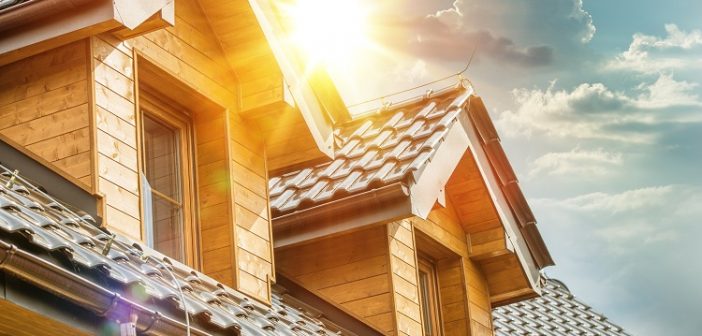Increasing home value, saving on costs, and helping the environment are some of the top benefits of installing solar panels.
You might have been considering going solar, but maybe the cost is holding you back. Believe it or not, you can fund solar panels using several options.
Depending on your project, you may qualify for different options, from grants to traditional financing like loans. Want to learn more about your financing alternatives?
We’ve got you covered. Here are 4 options you may consider to take your home or business solar today.
- Solar Power Grants
You could install your solar panels almost for free if you qualify for a grant. These programs are available for homeowners and businesses alike. The Rural Energy for America Program is an example of a renewable energy grant offered to agricultural producers and small businesses located in rural areas.
You can search for these programs on grants.gov to learn how to apply and the requirements. Homeowners may qualify for solar power grants such as California’s SASH program. You might also be eligible to receive cash rebates, tax credits, and incentives at a federal and local level to offset the cost.
- Secured or Unsecured Loan
You may also fund your solar project by taking a secured or unsecured loan. Homeowners can use a Home Equity loan or a Home Equity Line of Credit to go solar. If you choose these financing options, you’ll use your home as collateral.
Using your home as collateral might make you uncomfortable due to the risk. If that’s the case, you may consider applying for an unsecured loan instead. Providers such as Loan pal, among others, offer home improvement loans that allow you to finance your solar panel installation.
This type of financing doesn’t require collateral. However, your lender may charge you a higher interest rate.
- Solar Lease or Power Purchase Agreement
Large upfront payments, ineligibility for tax credits, and incentives often hold back homeowners and business owners from going solar. If this sounds familiar, you may consider getting a solar lease or power purchase agreement.
Under these financing options, you won’t own your solar energy system. Therefore, you won’t be eligible for any tax credits or incentives.
The lessor of the equipment will take care of any necessary maintenance during the term of the agreement. After the term ends, you may buy the solar system at fair market value or the lessor can remove it from your property.
- Home Loan
Today’s low-interest rates make a cash-out refinance or home loan a no-brainer. You might think it’s the best way to get a low mortgage payment. Yet, you can also use this opportunity to fund your solar project.
Depending on your property, you may be eligible for government-secured mortgage programs such as FHA’s Power Saver and Fannie Mae’s HomeStyle Energy. These home loans allow you to upgrade or improve your home’s energy efficiency.
Is Installing Solar Panels Affordable?
While installing solar panels can cost a pretty penny, you can find the best option to fund your project. It will all depend on your project.
You can take advantage of options such as grants to install these systems almost for free. If it isn’t a feasible option, you should shop around and reach out to several lenders to learn about your solar financing options and obtain the best rates.
Did you find this article useful? Keep browsing the rest of our site to find more tips and articles to solve your everyday problems.




